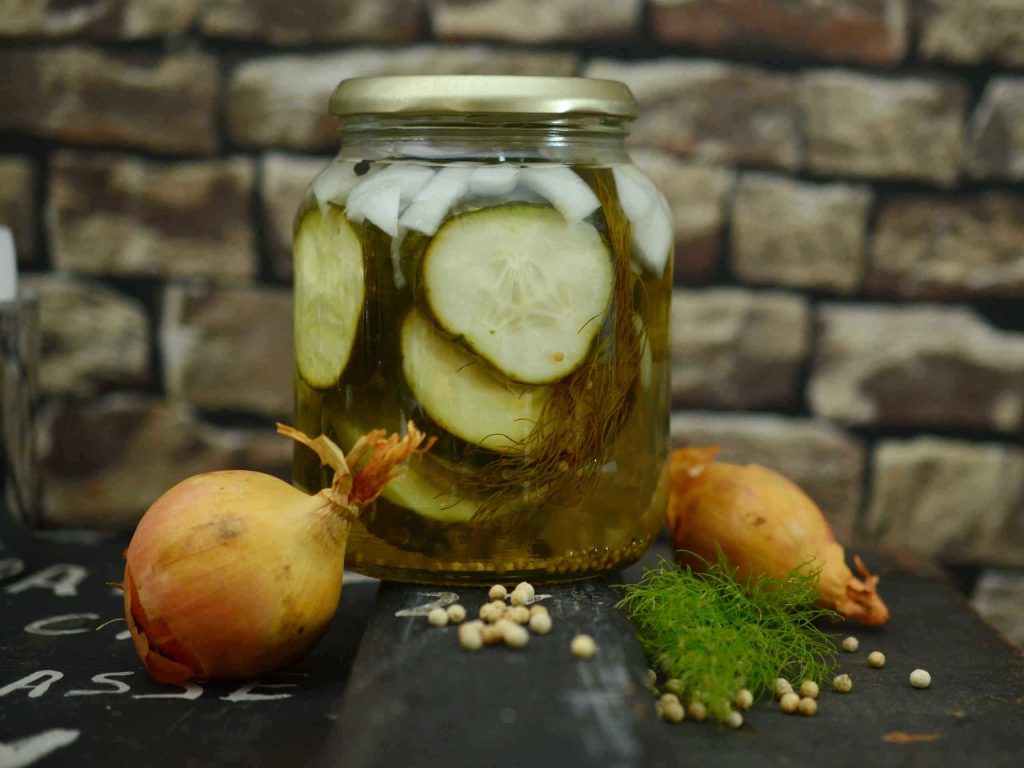In times when restaurateurs and hoteliers are increasingly growing their own vegetables, old-school preservation is just the thing. Fermentation has several advantages: The food is preserved in a natural way, it does not require electricity for storage and the flavors released during fermentation are exceptional. What’s more, the process is very simple and can be used in any type of business, from a la carte restaurants to system caterers – the use of fermented products is unlimited in terms of quality and quantity. It is important to be careful with salt, which is the basis of every fermentation – in granular form or as brine. Too little promotes spoilage, too much makes the product difficult to use.
The most famous of all fermented foods in this country is sauerkraut. But chocolate, kefir, cocoa, beer, cheese and sourdough bread are also produced by fermentation. Many fermented foods can be found in Asian cuisine in particular. Such as the Korean classic kimchi - spicy pickled white cabbage. Or tempeh, which is made from fermented soybeans and is a popular vegan meat substitute. Miso has also undergone a fermentation process before it ends up on your plate.
In principle, all vegetables are suitable, but it works particularly well with vegetables that are not too soft, such as cabbage, root vegetables, beans, beet, pumpkin or peppers.

Las Vegas is known for its long nights, which makes places that do mornings really well all the more important. Between the Strip and downtown, there are a surprising number of spots where breakfast and coffee are not just an afterthought, but are deliberately celebrated. It’s these places that make all the difference: quiet, high-quality, and offering just the right amount of enjoyment before the day gets going.
Fine dining, steak, sushi, Mexican cuisine, and Italian dolce vita – Las Vegas has long been more than just buffets and shows. We sampled some of the city’s most exciting restaurants – from complex Chinese flavors and traditional American steakhouses to Japanese presentation and Mexican sensuality.
Las Vegas is spectacle, immersion, and emotion. We’ve experienced some of the city’s most spectacular attractions: from a helicopter flight over the Strip to an immersive art installation and dinner show atmosphere. Here are our personal highlights.


In times when restaurateurs and hoteliers are increasingly growing their own vegetables, old-school preservation is just the thing. Fermentation has several advantages: The food is preserved in a natural way, it does not require electricity for storage and the flavors released during fermentation are exceptional. What’s more, the process is very simple and can be used in any type of business, from a la carte restaurants to system caterers – the use of fermented products is unlimited in terms of quality and quantity. It is important to be careful with salt, which is the basis of every fermentation – in granular form or as brine. Too little promotes spoilage, too much makes the product difficult to use.